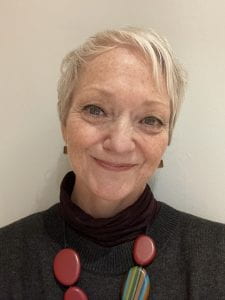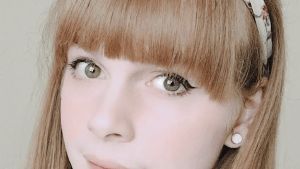Day 10
Instead of winding down, we wound up, building from every incredible contribution to new insights from George Gachara and Dr Raven Bowen.
George challenged us: “What is good business? Can a business take on the values of goodness (or badness)?”. He spoke of the importance of a business being steeped in its own value and history and gave insight in to how he had built new forms of finance, looking at the relationships with employees in a business and working to find ways to support a business to hold on to its own equity. George reflected on strong collaboration being based on inward reflection, an analysis of your skills, how you exist as a person and how your work exists in the world. It is an honest view of self, your interests, and how your interests can dovetail with others interests.
Sometimes we exaggerate our capacities, it’s always important to have a bit of honesty, to achieve anything we hope to achieve, then you need other people to choose you.
Raven talked about the complexity of sustaining a charity, of balancing service provision and financial resilience and the shifting requirements, needs and foci of funders. She spoke of the important of developing opportunities for developing strategic partnerships that do work similar or adjacent to the charity, and not needing to lead every application or project. Collaboration for her comes from a place of taking a time to understand the interests of other parties or other groups and truly deciding what are the shared goals, what are the tensions, what can we work together on? How does that serve our various interests and users? There needs to be a transparency and honesty, about what the collaboration is… really being open about who benefits from the collaboration.
And that was it, the end of the 2023 SELFestival.
Stand out sentences for me: Compassion is not just a feeling, it is an active process; patience is not passive, compassion feeds authenticity, kindness is a social convention.
This festival has been as exhausting, exhilarating, generous and inspiring as any form of Festival. Thanks to all speakers, and to students and Goldsmiths for allowing us to deliver our teaching in an open and collaborative way.
Siân & Adrian
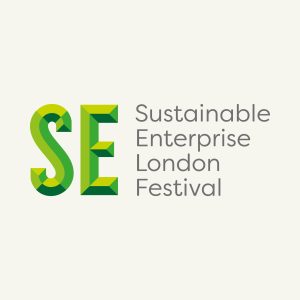
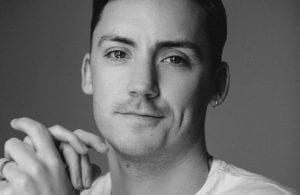
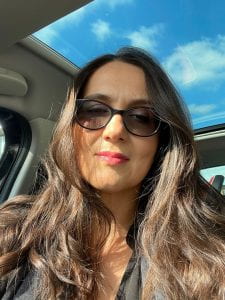
 -funding and banking. https://www.eventbrite.com/cc/selfestival-2023-2286519
-funding and banking. https://www.eventbrite.com/cc/selfestival-2023-2286519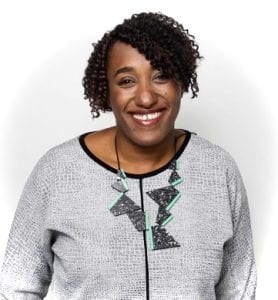 .
.